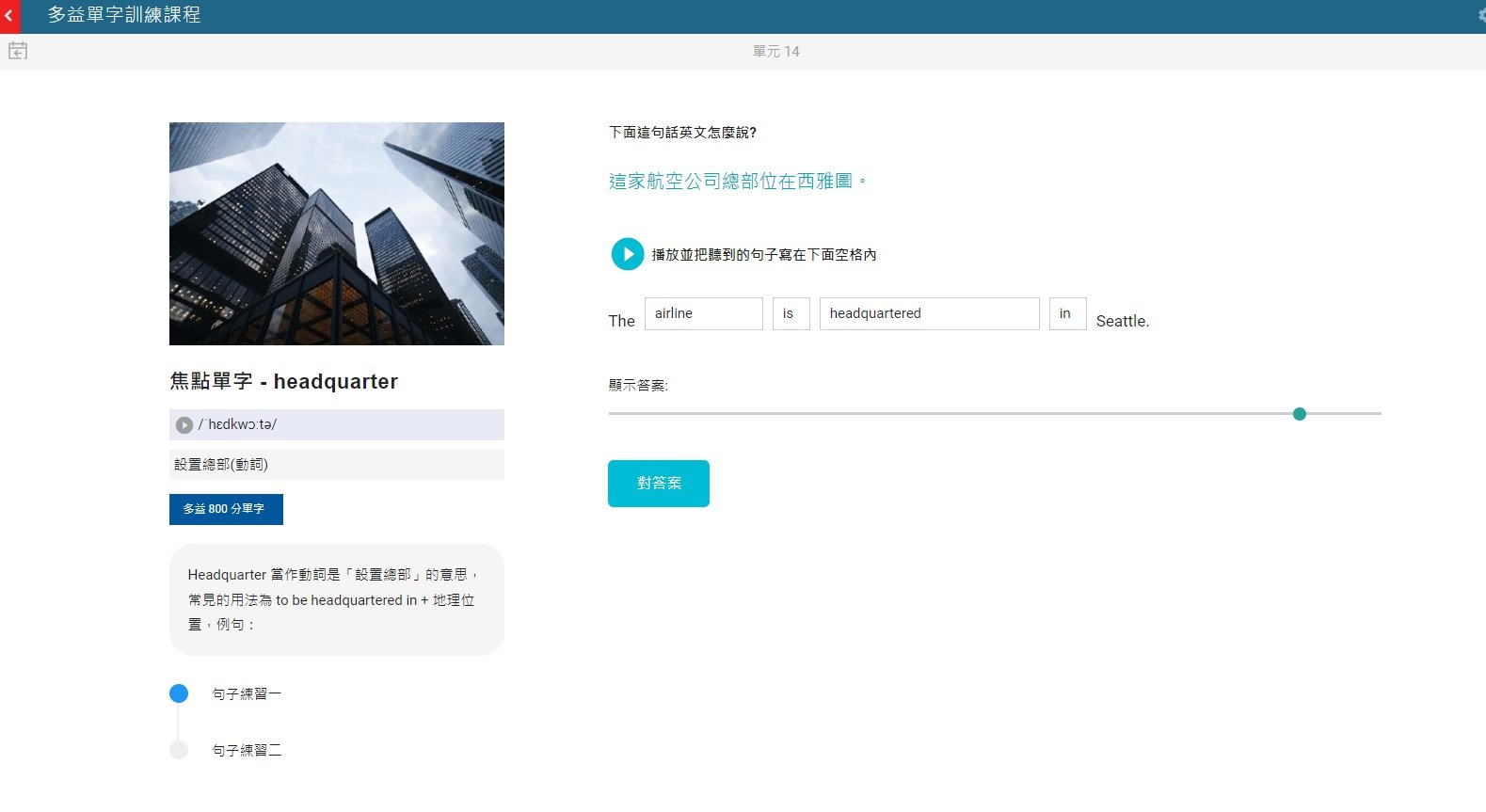TOEIC Vocabulary - movement
In this article, you will learn about TOEIC vocabulary words related to movement topic. A good command of English vocabulary is extremely important in scoring well on all sections of the TOEIC. We strongly recommend that you study these vocabulary words to prepare for the TOEIC exam. While studying vocabulary words, you should write the words in a notebook, say the words and sentences many times, and try to create your own setences using the words.
come by
play_circle_filledCome by = come to a place
- I'm going to order pizza for dinner tonight. Why don't you come by and join me?
- It is so good to see you, James. You really should come by more often.
- Why don't you come by this afternoon and I'll help you study?
Come by something = obtain something
- It's hard to come by a vintage car like this.
- Cheap organic food is hard to come by.
- Jobs are hard to come by these days.
- Work-from-home jobs are not that easy to come by. You should take any job opportunity that comes along.
- John, how did you come by that vintage car?
- I asked him how he came by the money, but he wouldn't tell me.
come over
play_circle_filledIf someone comes over, he or she comes from one place to another.
- I'm having a hotpot for dinner tonight. Why don't you come over and join me?
- Oops, I didn't expect you today. I thought you would come over tomorrow.
- Is your family coming over from Taiwan for the wedding?
give someone a ride
play_circle_filledThe expression “give someone a lift” is used when you allow someone to ride in your car and you take them where they need to go.
M: We are going to hang out downtown—probably hit several bars. Are you up for that? W: Definity. Where should I meet you? Better still, can you give me a ride? M: Glad to. I'll pick you up at your place at 7. OK? W: Perfect. I'll look out for you. |
- I see you missed the bus. If you like, I'll give you a ride home.
- Stephanie asked Philip to give her a ride home.
- Could you give me a lift back into town?
- Hey, if it's not too much trouble, do you think you could give me a lift to the movies?
on one's way
play_circle_filledIf you are on your way, you have started your journey somewhere.
- I'm on my way to lunch with a client and already running late. I won't be back for about two hours.
- I am on my way to the hospital.
- I'm on my way to the airport to catch a plane that leaves in an hour.
- I stopped by the drugstore last night on my way back home from work. I had a few toiletries to pick up.
- On your way over, could you get a gallon of milk from the store, please?
- Could you stop on your way over and pick up some fresh heirloom tomatoes?
stop by
play_circle_filledTo stop by is to visit a place quickly, especially on your way to another place.
- I just stopped by to say hello.
- I'll stop by after work to drop off the paperwork.
- I was passing your house, so I thought I'd stop by for a chat.
- I stopped by the drugstore last night on my way back home from work. I had a few toiletries to pick up.
- There is a print shop not far from our office. I can stop by there during my lunch break around noon and get the copies made for you.
swing by
play_circle_filledTo swing by/past is to visit a place quickly, especially on your way to another place.
- Sam swung by here on his way home.
- I'll swing by the supermarket on my way home. Is there anything you need?
- What time should I swing by to pick you up?
- What do you say we swing past the bakery on the way to the party and pick up a cake?
- I called several times, but no one answered. So I just thought I'd swing by and see how you are.
TOEIC Vocabulary Exercise
Ready to test out the words we've gone over? Let's jump into a fun vocab challenge! You'll listen to English sentences and try to type them out. Think of it as a brain workout! Doing this can really help you remember the words better and boost your speaking and writing skills. Plus, it'll make you more confident in tests and everyday chats. Sounds good? Let's dive in!

play_circle_outline Start Training